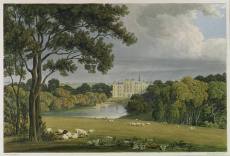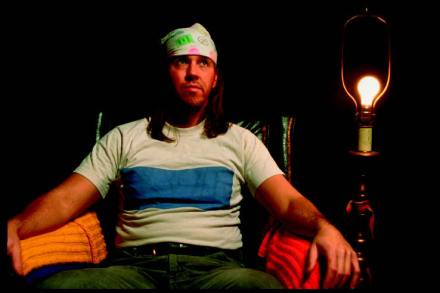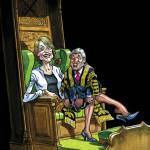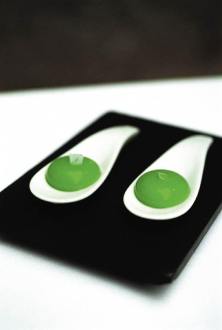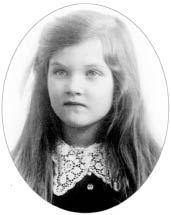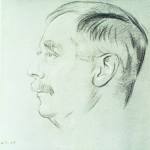Random questions
British writers who set their first novels in America are apt to come horribly unstuck. One of the pleasures of Sam Leith’s debut novel is its sureness of tone. All the elements here are properly balanced. Nothing feels clumsy or over-egged. So what? you might think. Isn’t this what any halfway decent novelist does? Yes, but few attempt anything as ambitious, as exuberant, as downright weird as this. At the heart of Leith’s novel is an examination of the role of chance and the nature of coincidence. This, though, is only the half of it. Clustered all around is a host of ostensibly disparate elements — there’s a naïve Cambridge


